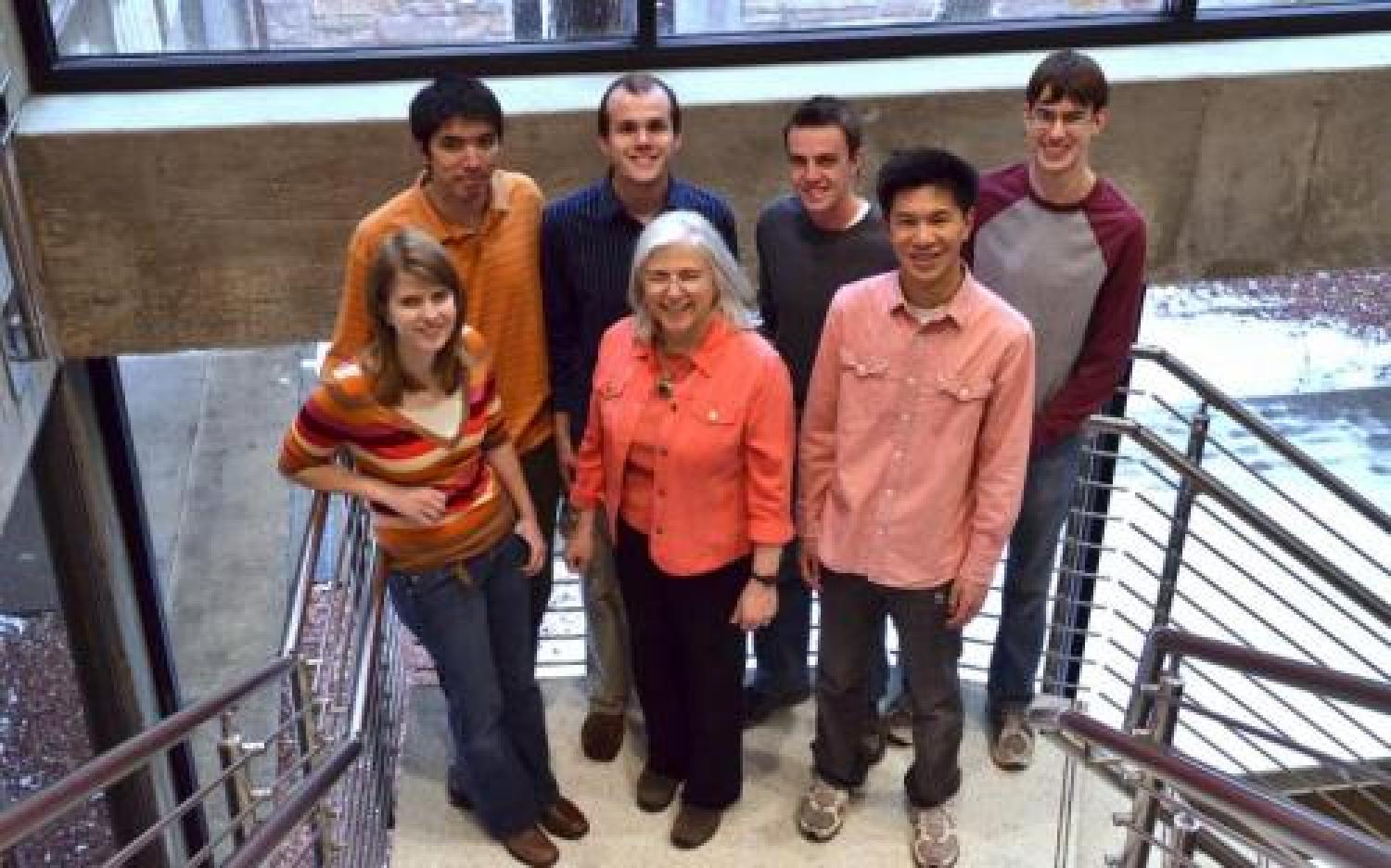Two student teams win international math-modeling competition
Two University of Colorado Boulder undergraduate student teams have been named among the 11 top winners from a field of 5,636 teams that entered the 2013 international Mathematical Contest in Modeling this spring.
Results of the contest, which took place at the students’ home institutions Jan. 31-Feb. 4, were announced by the Consortium for Mathematics and its Applications (COMAP) on April 5.
One of the two CU-Boulder teams designated as an “Outstanding Winner” was comprised of students Gregory McQuie and David Thomas of aerospace engineering sciences, and Yueh-Ya (Sam) Hsu of applied mathematics. This team was awarded the MAA Award.
The other “Outstanding Winner” from CU-Boulder included students Christopher Aicher and Tracy Babb of applied mathematics, and Fiona Pigott, who is double-majoring in mechanical engineering and applied mathematics. This team also was selected to receive the SIAM Award.
Anne Dougherty of CU-Boulder’s Department of Applied Mathematics served as faculty advisor to both teams. “Any undergraduate CU student was welcome to participate,” she said.
CU also had two teams designed as “Outstanding Winners” in 2012, and a total of 13 Outstanding Winner designations since 2000.
“I don’t know any other university, from anywhere in the world, that has that track record,” Dougherty said. “This is a testament to our excellent students and exceptionally strong undergraduate program.”
A third team of CU-Boulder students entered the contest and was designated as a “successful participant.” That team included students Runnan Lou of aerospace engineering, Weiming Zhang of applied mathematics, and Xinyu Shen, who is double-majoring in math and physics.
According to the contest rules, the students had 96 hours to decide which of two problems to complete, research their problem, come up with a mathematical model, program a numerical model, and write a report.
One of the problems focused on developing an effective, feasible and cost-efficient strategy to meet projected water needs in a given country, while the other challenged students to develop the “ultimate brownie pan” to maximize heat distribution and cooking potential in an oven.
Only 375 teams, or 6 percent of those entering the contest this year, were from the United States. The others were from Canada, China, Finland, Germany, Hong Kong, India, Indonesia, Ireland, Mexico, Malaysia, Singapore, South Korea, Sweden, and the United Kingdom.



